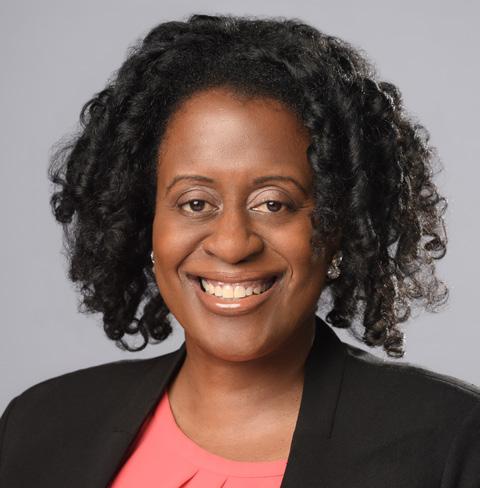
6 minute read
table of contents
Founded in 2016, redefinED atlanta envisions a city where every student receives equitable access to educational opportunities and resources. We believe these conditions will allow students to develop a strong academic foundation, self-determination and a sense of well-being. That’s why redefinED atlanta engages communities, advocates for equity, and funds critical work to drive systemic improvement in K-12 public education for students and families.
We address the systems that have oppressed Black, Latinx and under-resourced communities and anchor our efforts in public K-12 education. We know racial inequities are significant barriers to reaching Atlanta’s full potential. However, we believe that the knowledge, experiences and strengths of Black, Latinx and under-resourced communities are essential in changing it for the better. Our goal is to transform Atlanta into a place where every student in every community receives a great K-12 public education.
Our work is driven by the core values of excellence, sustainability, community, equity and integrity. We recognize inequities within our education system and work to make positive, enduring change, balancing patience and using data, both quantitative and qualitative, to inform our decision-making. We hold ourselves accountable for outcomes. Guided by families’ visions for their children’s education, we engage in asset-based thinking, utilizing existing strengths, concentrating resources and acting with urgency.
Lastly, we commit to identifying how we can improve and make active changes in ourselves before seeking change in others.
Ed Chang serves as our founding executive director. Since our launch, redefinED atlanta has steadily expanded its team and built a diverse board to engage with communities, listen and learn, and advocate for educational equity.
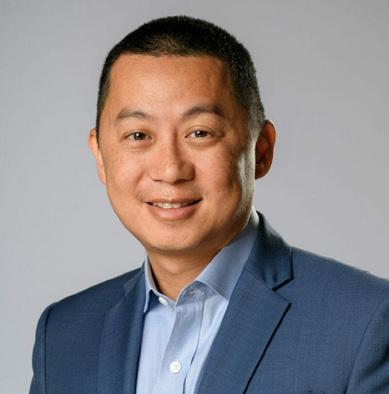

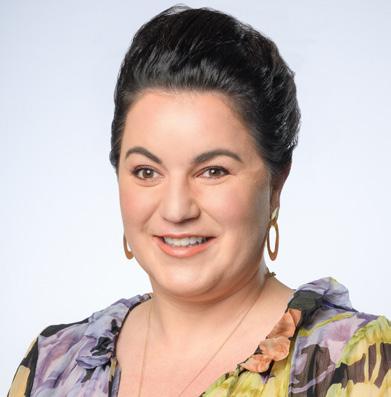
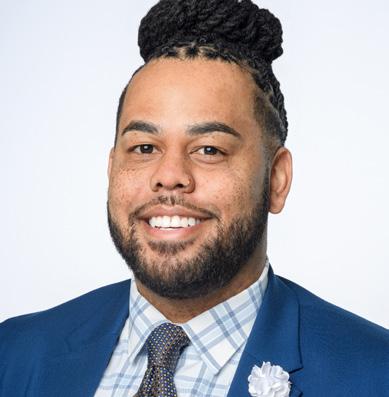
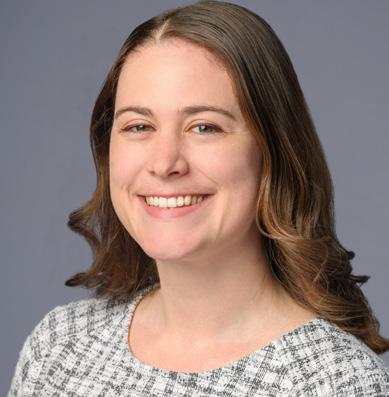
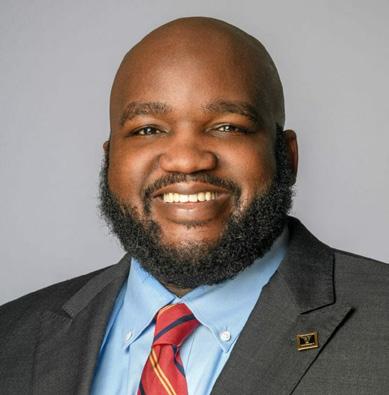
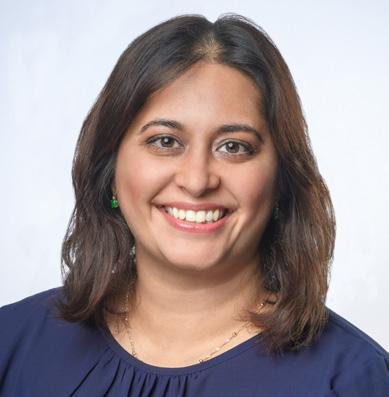
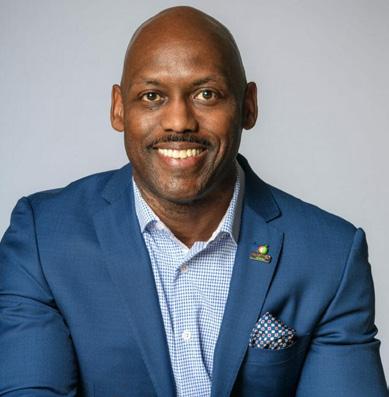

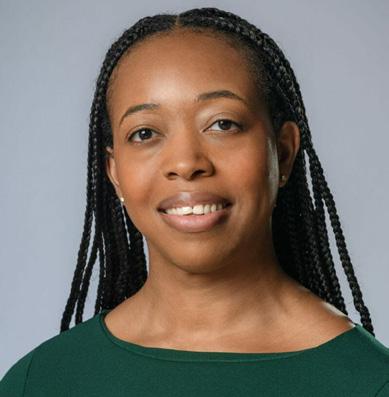
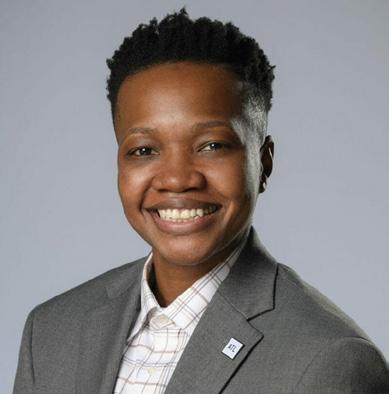
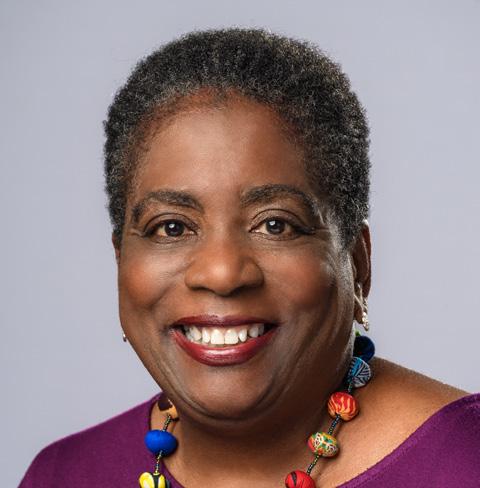
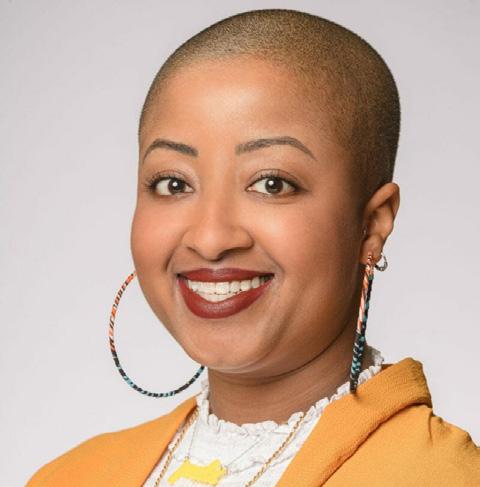
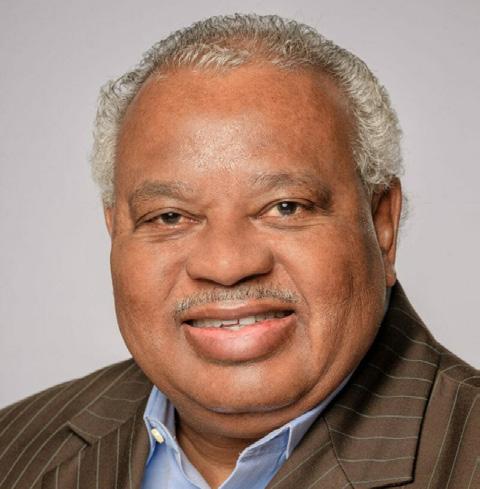
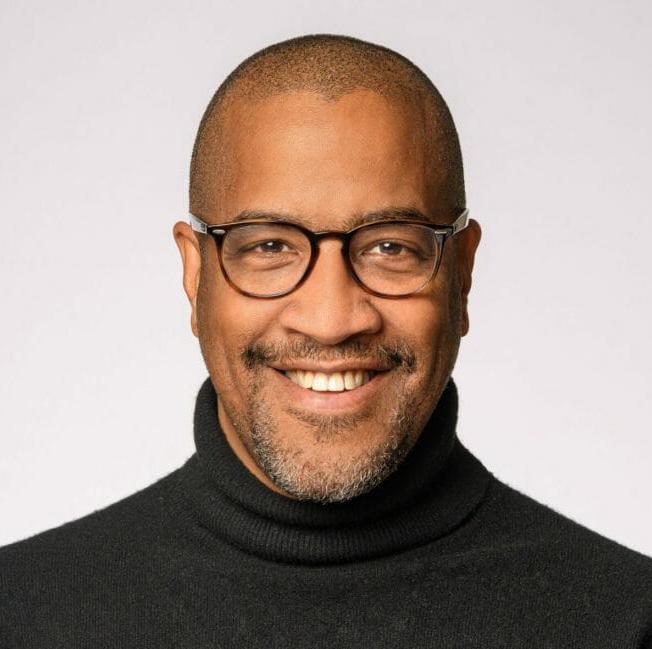

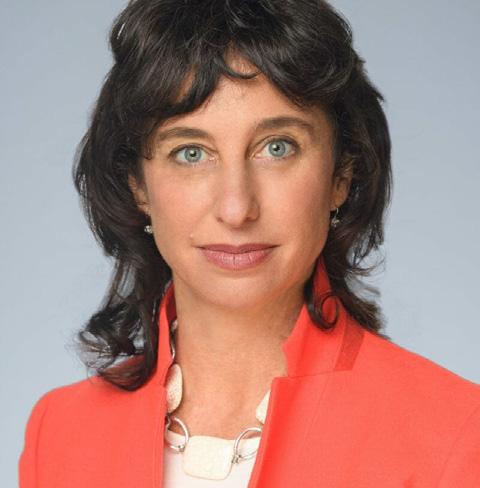
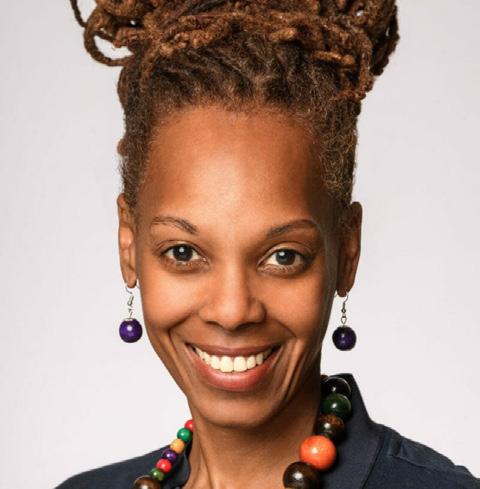
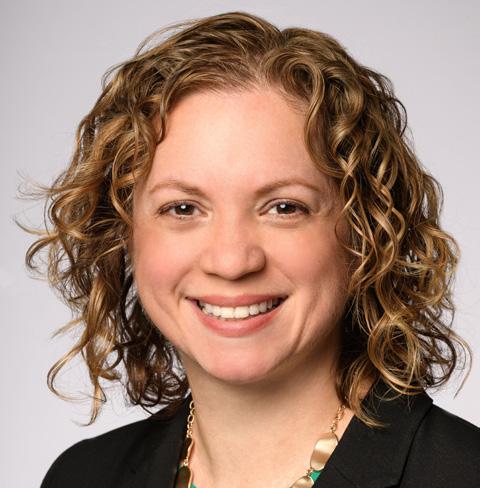
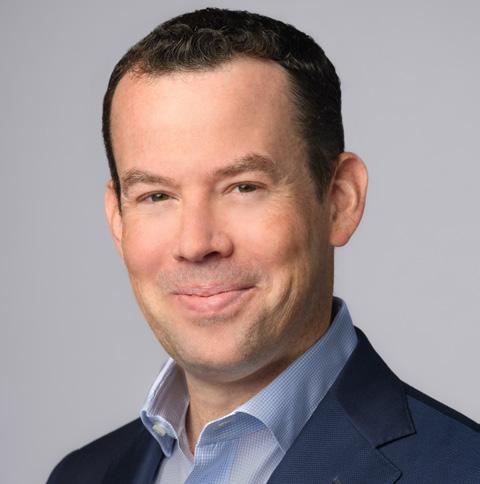
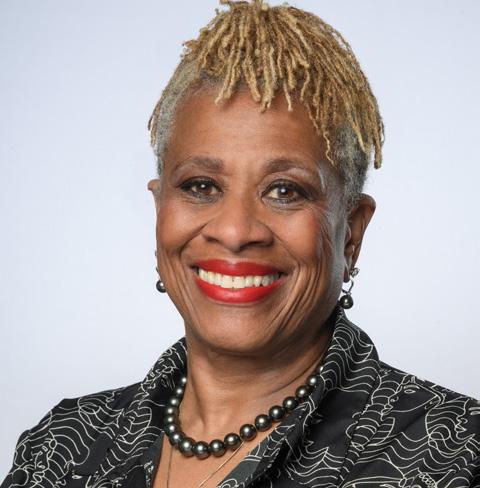
Dear friends and colleagues,
Following one of the more tumultuous periods in recent history, I am proud to share our first-ever impact report. This report covers our commitment to race, equity and inclusion (REI); our support for students, families, school-level talent and schools; our response to COVID-19; and the milestones we’ve achieved across the 2020-2021 and 2021-2022 school years.
The inequities laid bare by the COVID-19 pandemic and the egregious murder of George Floyd — and other countless Black and Brown people - were not new social issues. The compounding of all these occurrences elevated awareness outside of communities that know these experiences far too well and painfully reminded many people of all that remains unresolved.
In Atlanta’s time of need, we partnered with many philanthropic organizations to assess our role and how we could rise to serve in these challenging times. We operate with the belief that the most pressing issues deserve the boldest and most urgent action, and the past two academic years were a true test of our principles. What was new for redefinED atlanta over the last couple of years, and what will be the case moving forward, was how we took on these vital social issues.
During the pandemic, students at all grade levels experienced some gap or academic shortfall. In addition, teachers’ and school leaders’ mental health declined, and parents everywhere are still navigating the impact of remote learning and COVID-19 related school closures.
While it was clear there wasn’t a one-size-fits-all solution, something needed to be done. We grappled with how to address the immediate needs of families and school communities while also wrestling with the longer-term, more systemic challenges.
As we continued to lead with the support of community advocates and policymakers, this was the time to reimagine a new delivery system for public K-12 education.
That’s why, in late spring 2020, we released a new, five-year strategic plan (2021-2025), which established clear goals and implementation pathways to fully integrate REI recommendations into all aspects of the organization and our work.
We designed this plan to facilitate our progress towards our vision - every child in every community in Atlanta receiving a great public education. We spent more time looking beyond school buildings and examining how the social determinants of health influence students’ academic outcomes. In addition, we explored how we can drive change in communities alongside people. Given our broader scope, we also expanded our staff and our board.
I am proud of the work we’ve led and humbled by the road ahead and the challenges we have yet to tackle. As we move from pandemic to endemic, the issues of affordable housing and the displacement of many families we serve have only increased. We are exploring expansion to support families in some metro Atlanta districts and address conditions for students experiencing the most significant public education disparities. We are optimistic that our uncompromising commitment to listening and uplifting community advocates’ work will help impact change at the highest levels and guide where we serve next.
Ultimately, with our broader and renewed focus on REI, I believe our organization is in a healthier place to contribute to ongoing support efforts to address longstanding systemic issues and make a difference for all students and families in Atlanta. I appreciate you taking the time to read more about our work and how we are moving forward.
Yours in service,
Ed Chang Executive Director
Centering Race, Equity and Inclusion:
Before we developed our five-year strategic plan, our board spearheaded a race, equity and inclusion (REI) analysis of our organization. Our aim of serving as an equity-centered philanthropic model in the Southeast led us to Frontline Solutions and their Equity Footprint™. Through their consultation and framework, we generated our 2021-2025 goals.
Ultimately, we believe that if we uphold equity as a core value, we must continually strive to center how we do our work. To move closer to every student in every community receiving a great K-12 public education, we must work with an understanding of the role race plays in the formation and perpetuation of the current systems.

We must also aspire to be an anti-racist organization that centers on equity and inclusion in our internal operations and our external programs, policies and practices. While moving through this journey, we acknowledge that as a staff and board, we begin this collective work at different points of entry and knowledge. We commit to our growth, individually and organizationally. We prepared this report as the first account of our work to date.
We will report annually to hold ourselves accountable and share our progress, learnings and unlearning.
We identify transformation as a commitment to growth within the seven domains of Frontline Solutions’ Equity Footprint™: Leadership and Governance, Grantmaking, Communications, Organizational Culture, Operations, Investments and Evaluation and Learning.
Our expressed commitments are the baseline for how we’ll do our work. We aspire to be a trusted advocacy partner to children and families, schools, district personnel and the broader Atlanta community.
Through our grantmaking, we aim to be a collaborative funder that provides financial resources to sustain community-led organizations, cultivate school-level talent, foster great schools and transform systems. We will serve our community as an engaged partner that centers community members in our grantmaking and provides pivotal non-financial support to grantees.
Since 2021, we have committed to:
• attracting and retaining staff with diverse identities, backgrounds and deeply lived experiences in public schools and the public school systems;
• further diversifying our board to include more perspectives from public school parents and people from under-resourced communities;
• creating an inclusive working culture that celebrates differences, promotes universal belonging and fosters professional and personal growth;
• adopting participatory grantmaking practices to include people with experiences in public schools and the public school system in the decisionmaking process;
• partnering with communities to advance racial justice in education and on other issues, including housing, health and economic stability;
• amplifying voices, ideas and solutions from Black people, people of color and people living in underresourced communities;
• providing support and resources to organizations led by people of color, particularly Black and Latinx leaders engaged in critical work at the intersection of equity and education; and
• continuous learning and evaluation of our internal and external strategy and decision-making.
The pandemic provided an immediate period of reflection regarding our REI commitments. Schools and communities faced extraordinary challenges — far greater than we knew how to plan for — at the start of our strategic planning period. It was a seminal moment, and we realized we couldn’t maintain business as usual. So from 2020 to 2021, we launched a three-tiered approach to meet the moment with urgency and mindfulness.
Schools began closing in March 2020 and remained closed for the rest of the 2019-2020 academic year.
There were many concerns around public education, ranging from the effectiveness of remote learning to the lack of digital access available to some students. We listened to families, teachers and school and district leaders. We heard uncertainty about what to expect regarding student proficiencies in the coming school year. Next, we got to work applying those insights, seeking ways to project where student proficiency would be in the 2020-2021 school year and how to support families remaining in the district.
Quantifying the Impact of COVID-19 School Closures on Metro Atlanta Student Proficiency
We generated a report to quantify the impact of school closures on students. We engaged Empower K-12, a research organization, and partnered with Learn4Life (L4L), a regional education partnership, to publish the Quantifying the Impact of COVID-19 School Closures on Metro Atlanta Student Proficiency report. Empower K-12 works to boldly accelerate learning by providing stakeholders with high-quality data systems, robust strategic analysis and an equityoriented, collaborative improvement mindset. With our focus on children in the city of Atlanta, engaging with L4L expanded the projected impact of the report to include districts in the Atlanta metro area.
Our collective action helped inform eight metro districts about projected student proficiency for the 2021-2022 school year. Atlanta Public Schools Superintendent Dr. Lisa Herring also cited the report in community meetings during the 2020-2021 school year.





